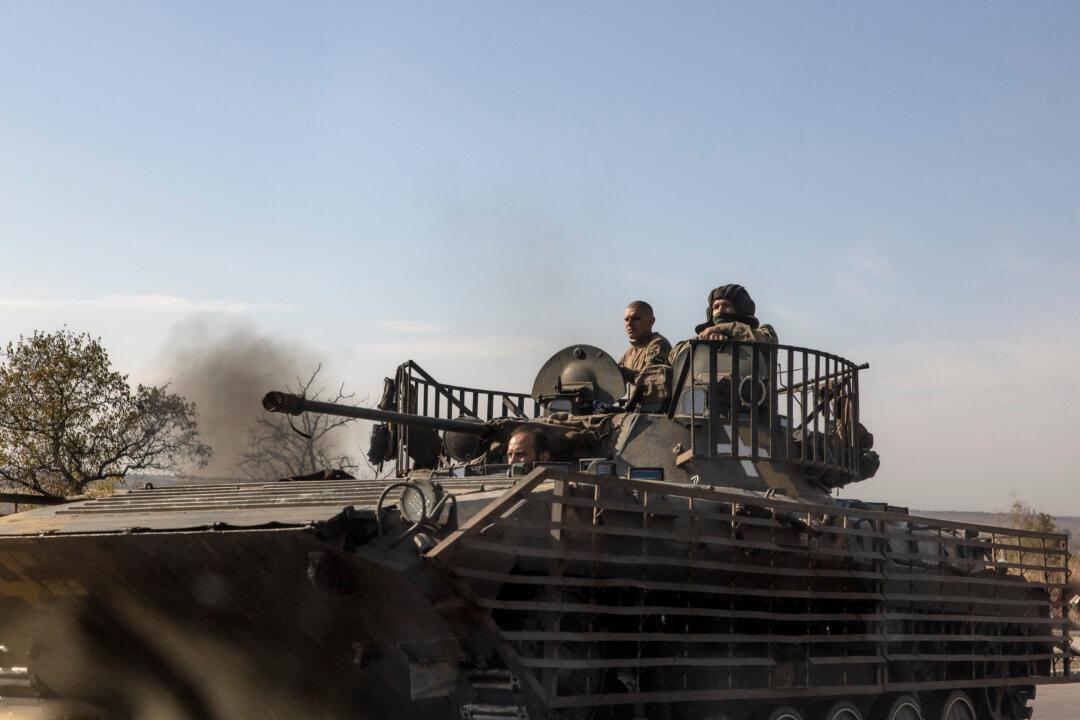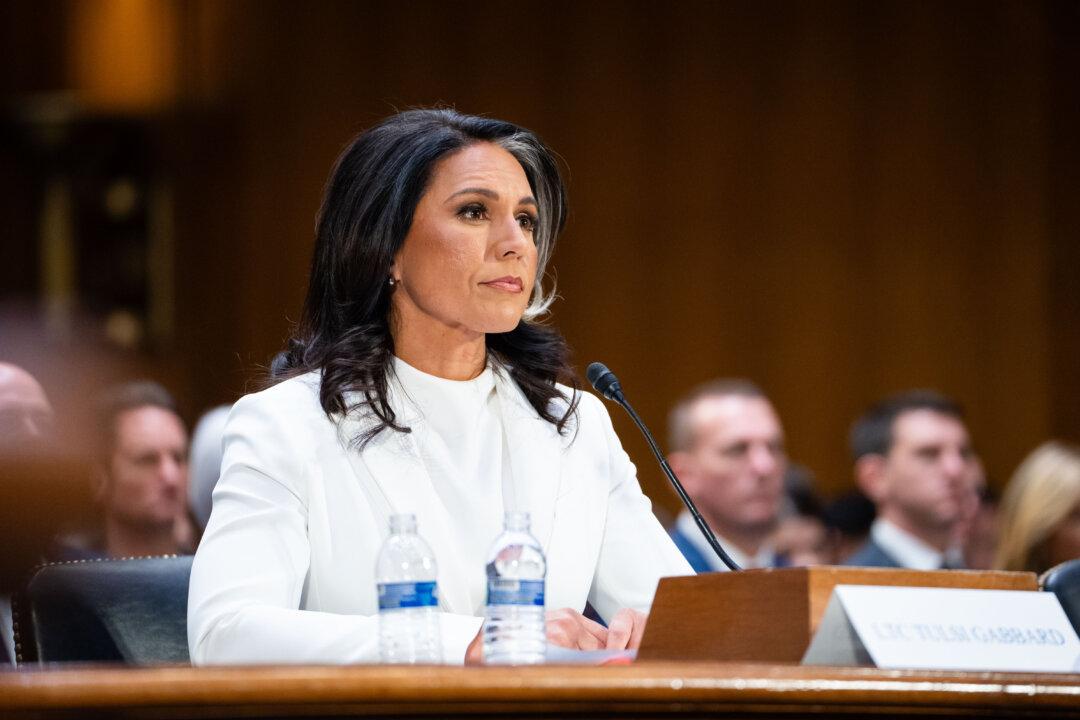The United States is seeking to avoid a Cold War with Beijing following a violation of American sovereignty by a Chinese spy balloon, according to a senior government official.
The balloon that was shot down by U.S. forces on Feb. 4 off the coast of South Carolina was only one example of an increasingly hostile regime, according to Deputy Secretary of State Wendy Sherman.
“[China’s] high-altitude surveillance program violated not only U.S. sovereignty but, over the years, that of many other countries as well,” Sherman said during a Feb. 15 talk at the Brookings Institution, a Washington-based think tank.
The Pacing Challenge
U.S. officials have linked the Chinese balloon that encroached into U.S. airspace to a much broader program at least partially overseen by the Chinese military.Speaking at a Feb. 13 press conference, National Security Council Coordinator for Strategic Communications John Kirby said that the program had targeted at least 40 nations on five continents in recent years, including some of the United States’ “closest allies and partners.”
Sherman acknowledged the assessment of U.S. strategic documents that the CCP regime posed the greatest geopolitical challenge to the United States and possessed both the will and capability to forcibly reshape the international order in its own authoritarian image.
“We’ve known that the PRC is the pacing geopolitical challenge of our era,” Sherman said. “One that will test American diplomacy like few issues in American memory.”
Defending Interests
Recognizing the challenges posed to national security and international stability by the CCP’s actions, Sherman said that the United States would still seek to stamp out the growing Cold War between the two nations, which are the world’s two greatest economies.At the same time, she said, the United States would need to act to defend its interests from CCP aggression.
“Make no mistake. We do not seek another Cold War, but we do ask everyone to play by the same set of rules so that all countries and all people can make their own choices,” Sherman said.
“With our partnerships in place, we will keep pushing back against PRC activities that seek to coerce other countries, distort markets, and undermine American workers and businesses.”
To that end, Sherman said the Biden administration remained dedicated to its strategic priorities internationally, summed up in the words “invest, align, compete.”
By investing in infrastructure at home and abroad, aligning goals and values with allies and partners, and out-competing China in the global marketplace, Sherman said the United States could still win the day, but that competition will not be won in a day or a year.
Sherman underscored that the CCP’s malign influence “touches every region in the world, every function, every issue under the sun,” and said that reinvigorating the United States alliances and partnerships and building strengthening multilateral institutions would be critical in the years ahead.
The Threat in the East
In conceptualizing and preparing for the long decade of competition ahead, Sherman said, it was vital to clarify both the United States’ hopes for the Sino-American relationship as well as the nation’s red lines.Sherman clarified that the United States remained opposed to the CCP’s economic coercion, threats against Taiwan, and illegal expansion efforts in the South and East China Seas.
On the issue of Taiwan, Sherman said that the United States’ position had not changed and that the nation opposed the unilateral attempts of the CCP to compel the island into unification with China.
“Our policy has not changed,” Sherman said. “What has changed is Beijing’s growing coercion. So we will keep assisting Taiwan in maintaining a sufficient self-defense capability.”
“We are committed to support Taiwan in its ability to defend itself.”
Despite the many crises bogging down U.S.-China relations, Sherman said it was still the ambition of the administration to pursue meaningful dialogue and agreements with the regime.
As such, she said the United States would still seek to send Secretary of State Antony Blinken to Beijing on a diplomatic visit, despite postponing the trip due to the incursion of the Chinese spy balloon.
Similarly, Sherman said that she hoped the CCP would not use U.S. visits to Taiwan as an excuse to pursue conflict.
“Our communications have not stopped,” Sherman said. “We hope when conditions make sense that we will be seeing each other face to face again.”
“We hope that the PRC does not use a visit by a member of Congress to Taiwan as a pretext for military action.”





